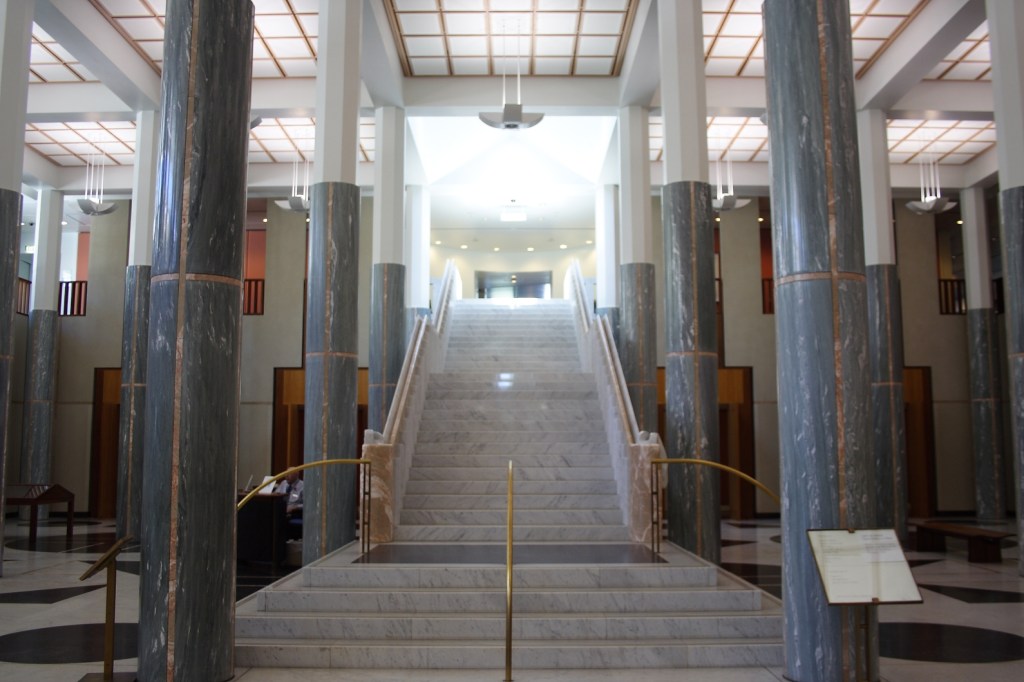
The Department of Parliamentary Services (DPS) has no reliable way of knowing how often parliamentarians with medical qualifications assist in medical emergencies.
Members such as Dr Sophie Scamps, a former general practitioner, and Dr Mike Freelander, a registered paediatrician, assist from time to time but there is no way of DPS knowing how many incidents receive a medically trained parliamentarian’s attention.
News that the DPS’ internal system has no precise way of recording when individual parliamentarians intervene in medical emergencies follows a series of parliamentarians expressing concern that the DPS is yet to act on an option in a feasibility study to introduce an onsite GP to provide medical assistance to politicians and other people working in the building.
Coalition senator Jane Hume and independent senator David Pocock as well as Freelander have urged consideration of an onsite GP to provide medical care in the workplace from which very few people can escape during a sitting week.
Former parliamentarian Emma Husar has also said that an onsite GP is necessary because not everyone would feel comfortable seeing a doctor who is also a representative for an opposing political party if they have a medical emergency.
A DPS spokesperson said that the internal guidance for building occupants is to ensure that all incidents and emergencies are reported to the Parliamentary Security Service, and all officers are first aid trained to provide initial assistance within Parliament House.
“During Nurses’ Centre operating hours, the PSS will assess and engage the nurse on duty to attend and render medical assistance where appropriate,” the DPS spokesperson said.
“The PSS also coordinates attendance of ambulance services if required.”
Guidance-related incident reporting for building occupants is in the relevant Work, Health and Safety, and Security frameworks for the parliament, and the incident report will feature the names of responders.
Interventions made by parliamentarians who are doctors are not easily tracked, but there are precise records for assistance provided by the internal nursing service.
Nurses working in Parliament House responded to 12 medical incidents across the building that involved visitors or people working within the building.
The Nurses Centre has also helped 1,027 people who had presented to it with physical and mental health issues in the 12 months to April 2024.
“The Nurses’ Centre provides a range of health care services which include first aid, mental health support, wound care, bandaging, injections support and house-calls to offices,” the DPS said.
The DPS response to The Mandarin’s questions on internal incident reporting processes comes just days after DPS secretary Rob Stefanic told DPS staff in an internal e-mail that there have been some enhancements to health and wellness-related services.
Stefanic told staff that an additional nursing room had been created for building occupants who were carers for infant children as well as 15 additional baby change facilities across the building.
He also thanked staff for their work during Budget week.
“I know just how much happens behind the scenes and I want to thank you all for your efforts,” Stefanic said.
READ MORE:

